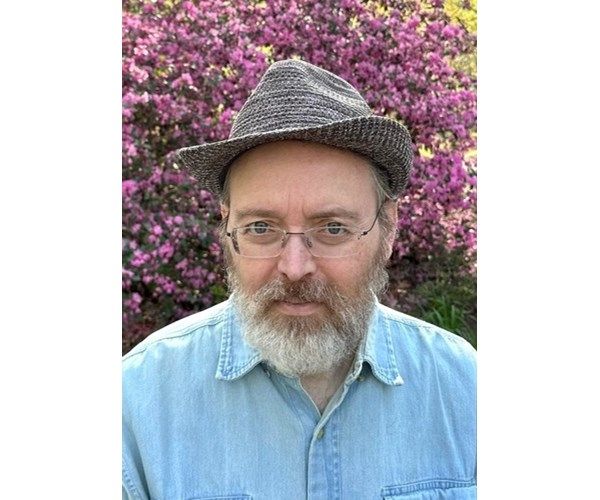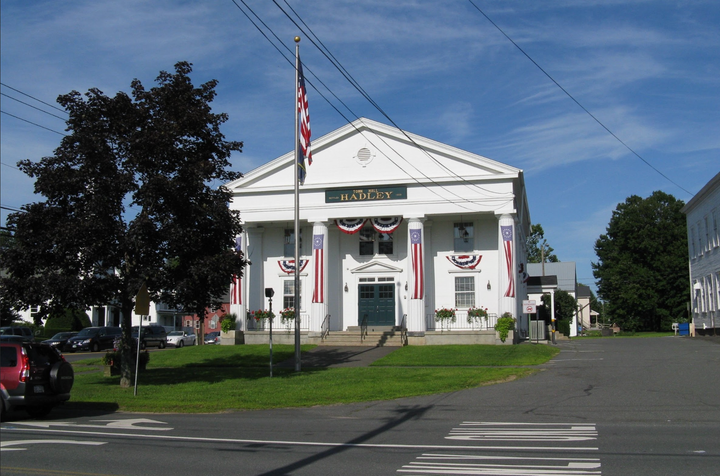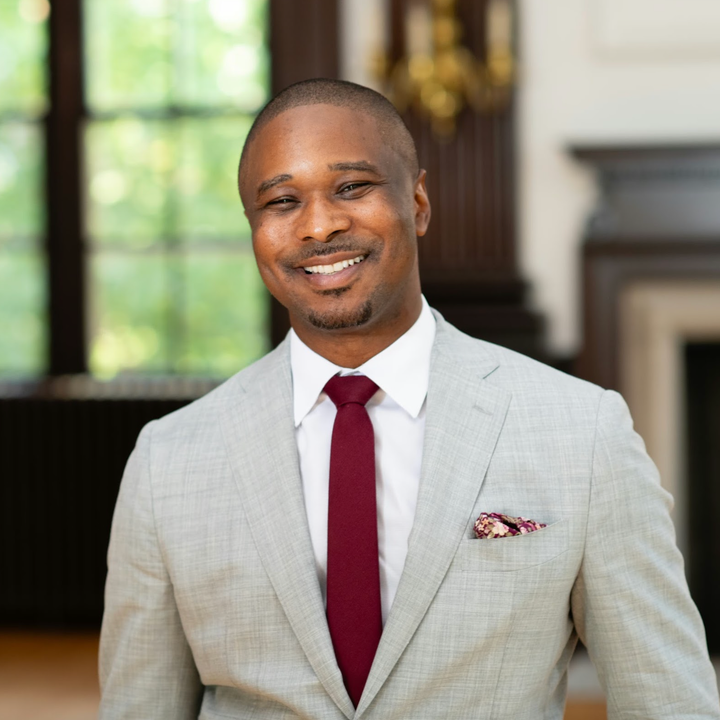College Mourns Russian Professor Boris Wolfson
Prolific Russian scholar and beloved professor Boris Wolfson died this summer. Students and colleagues remember his wisdom, wittiness, and appreciation for the arts.

Boris Wolfson, associate professor of Russian, died on June 13. An expert on Stalinist theater and the history of Russian performance, Wolfson began teaching at the college in 2008. Though he took a leave of absence from the college following his cancer diagnosis, his dedication to his students and teaching caused him to return to teach Russian II last spring.
Born in Yalta, in Crimea, Wolfson emigrated to the U.S. at the age of 15. He was known for being proud of his Ukrainian and Jewish heritage. At his funeral, his family requested that donations be made to the Jewish Community of Amherst and the Sunflower of Peace Ukraine foundation in lieu of flowers.
He received his B.A. from the University of Chicago in 1997 and his Ph.D. from the University of California, Berkeley in 2004. Prior to his arrival at Amherst, Wolfson taught for four years at the University of Southern California. In 2014, he taught at Harvard as a visiting professor of Slavic Languages and Literatures.
A prolific and passionate researcher, he published 25 articles and books throughout his career, including “Russian Performances: Word, Object, Action,” co-edited with Julie A. Buckler and Julie A. Cassiday in 2018. This volume won an award from the American Association of Teachers of Slavic and East European Languages (AATSEEL), according to a statement released by the college.
“[I] am absolutely delighted to note — that Wolfson’s [latest] book will be published posthumously and we are planning a celebration of the book and of his life when it is released, likely sometime in 2025,” said chair of the Russian Department and head of the CHI Center, Professor Michael Kunichika.
Wolfson was well-loved within the Russian Department by students and colleagues alike. Prior to the Covid-19 pandemic, he made it a habit to invite students staying during November break to his house for Thanksgiving dinner.
In his eulogy, Kunichika spoke of his “Wolfsonian Wit,” and noted that Wolfson was known for “his commitments to exactitude and to excellence” as well as his wittiness and dry humor not only in the classroom but also in any conversation that piqued his interest.
Throughout his time at Amherst, Wolfson taught many courses, including a first-year seminar on Tolstoy’s “War and Peace,” which converted many students into Russian majors, and a popular seminar called “Love and Death: The Big Questions of Russian Literature.” But most famously, he was known for his high expectations.
In the Russian Department there was a thing called ‘The Wolfson Course,’ which meant students could expect high demands matched by Professor Wolfson’s own intense level of engagement,” said Howard M. and Martha P. Mitchell Professor of Russian Catherine A. Ciepiela. If you did well in his course, you had graduated to a new level of accomplishment.”
Despite the challenge, students spoke highly of his courses.
“He was ridiculously knowledgeable about every era of Russian literature and history, and he used to go on these really interesting tangents during class,” said Florence Doyle ’26. “One time our textbook briefly mentioned a university being founded by Catherine the Great, and he spent the rest of class giving an overview of the entire Romanov line of succession from the 17th to the 20th century.”
In fact, for many cohorts of students, the challenge was part of the appeal.
“The truth is, students loved being challenged by him; one group who studied Tolstoy’s ‘War and Peace’ with him made a T-shirt of his face with a skeptically raised eyebrow saying, ‘You call that a novel?!’” Ciepiela said.
Wolfson returned to the college to teach Russian II last spring. He ultimately could only remain in the classroom for a month, but he nevertheless made a great impact on his students.
“As a class, we had never been so focused, so immersed, so interested in learning as we were in that month Professor Wolfson taught us. He was kind and funny. He cared about us. He tried so hard for us. He made us laugh,” Nicole Itkin ’26 said.
Outside the classroom, his “Wolfsonian Wit” also applied to his strong appreciation for the arts — including theater, music, and cooking. In his obituary, Kunichika praised Wolfson’s lox, as well as his borscht recipe, which was featured on the website Taste.
“He was especially devoted to classical music and was a fine pianist; watching him play duets with his talented son, Benya, was a joy,” said Ciepiela. Wolfson was especially happy to be able to attend his son’s final recital and graduation from Deerfield Academy not long before he entered hospice.
Wolfson’s colleagues and the Russian community at Amherst said they will treasure his intellect and camaraderie.
“It’s fair to say he changed the course of my life,” Kunichika said in his eulogy. “I was made better by his friendship and support over these two decades — and I am now flooded with memories and lessons, which I will tend so long as I am able.”




Comments ()